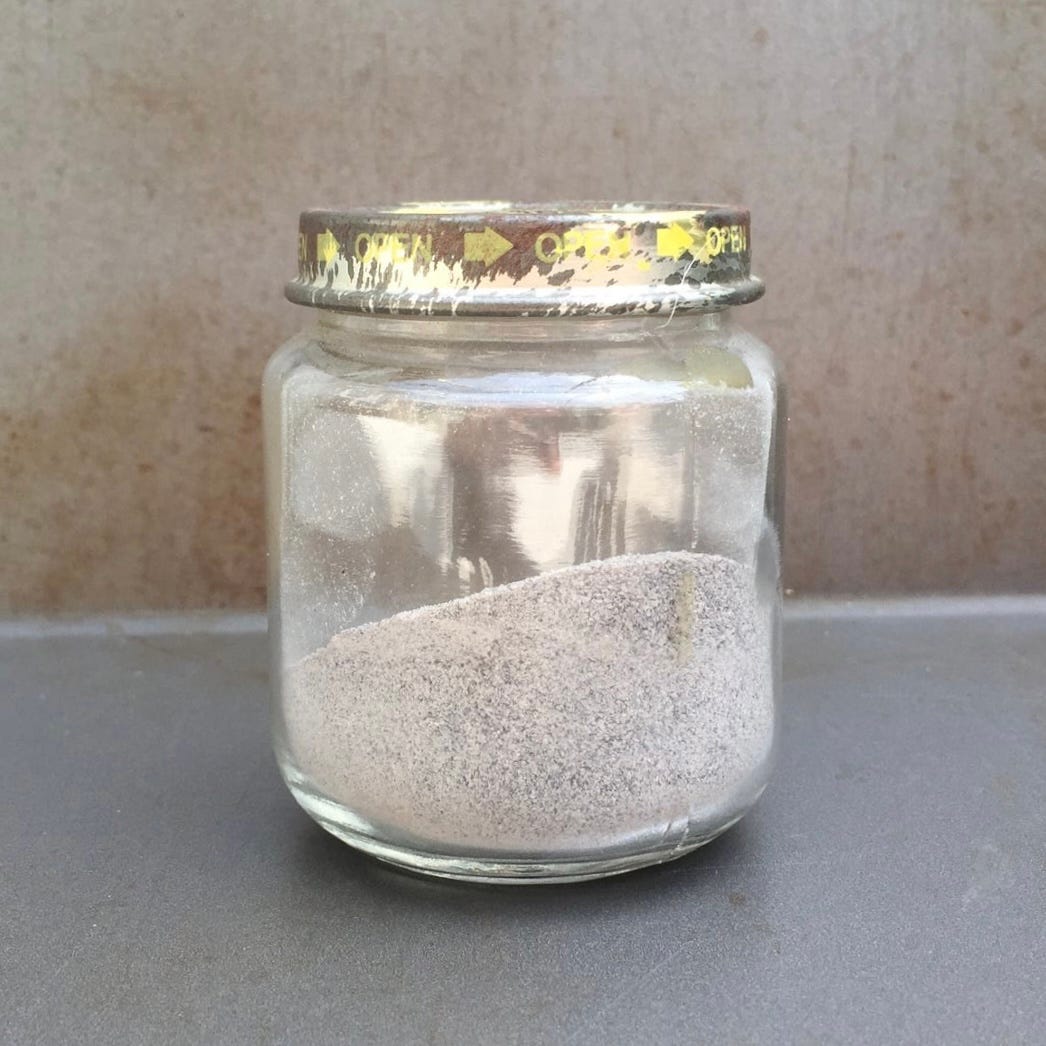MY GRANDFATHER'S ASHES
An enormous plume of gas and rock stretched to the sky and the wind carried sediment hundreds of miles.
Shortly before I turned six, my parents separated and my father moved out. He left our little home in Noblesville, Indiana, for a smoky, run-down apartment across town. The only wish I made when I blew out the candles that year was that my parents would get back together and make my life feel normal again.
Though I didn’t know it, at the exact moment that I was extinguishing those tiny birthday flames, another drama was happening 2,317 miles away, in Skamania County, Washington: Mount St. Helens had begun to erupt. What started as small, modest belches of lava from the mouth of the mountain turned into the most disastrous volcanic eruption in U.S. history. An enormous plume of gas and rock stretched to the sky and the wind carried sediment hundreds of miles.
A year earlier, following the dissolution of his own marriage, my grandfather had moved to Wrangall, Alaska. He said that when he peered out his window the day of the deadly eruption, it looked like it was snowing. The ash fell silently and blanketed everything.
I didn’t see my grandfather often. I knew him from the war stories I heard. He’d been a bombardier in World War II, flying in 28 missions. His job was to sit in a tiny hatch beneath the co-pilot in the nose of a Martin B-26 Marauder and release bombs as instructed. His plane was once shot down behind enemy lines, and he almost died. After the war, he returned home to Illinois, got married, had a couple of sons, and became a Nazarene minister. Then one day he ran off to Alaska with a woman he’d met in the choir.
I don’t know how often my grandfather thought about me. I don’t know if he imagined how much I dreaded the weekend visits to my father’s cramped apartment or was aware that my father’s descent into alcoholism was making him a stranger to me. Still, something compelled him to step outside under the apocalyptic sky the day of the eruption and spoon some of the volcanic soot into a small jar for me.
The man my grandfather became in Alaska was very different from the man he’d been in Illinois. He became a writer—of spiritual poems and a weekly newspaper column and even a memoir, constructed primarily from his war journals.
He died at the age of 94. I didn’t make it to his funeral. By then I was on the other side of the country, immersed in my own life. His wife requested that instead of flowers, people send stories about him. I should have sent this one. At six, those ashes made me feel connected to something, and someone, just when connection was what I most craved. They were collected by a complicated man at a time when both of our lives were in upheaval. They are a link to the past, a handful of something ancient and immortal. They remind me that seismic shifts may happen any time.
I rediscovered the jar of ashes in a box of keepsakes recently. I showed it to my kids. “You’re holding a volcano in your hands,” I told them. “Shake it up.”
—Jason Ockert
Jason Ockert, author of the novel Wasp Box and the story collections Shadowselves, Neighbors of Nothing and Rabbit Punches, is a winner of the Dzanc Short Story Collection Contest, the Atlantic Monthly Fiction Contest and the Mary Roberts Rinehart Award. His work has appeared in Best American Mystery Stories, Granta, The Cincinnati Review, Oxford American, One Story and McSweeney’s.




